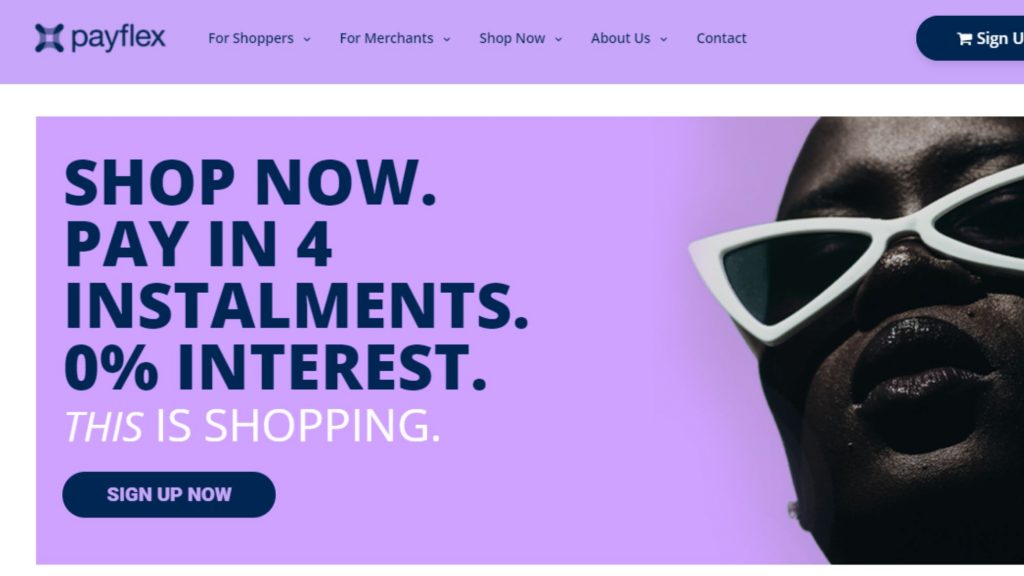In a move that signals a major leap forward in generative AI, OpenAI has quietly rolled out ChatGPT-5, its most advanced model to date….
‘Buy now, pay later’ market in SA to reach R2bn soon

Hundreds of thousands of South Africans are paying for their goods by using buy now pay later (BNPL) which is growing between 10% and 15% per month and recorded a 50% hike from the first to the second quarter of 2022.
According to Payflex, South Africa’s largest BNPL fintech with over 300 000 customers, BNPL payments are likely to be around R2 billion by the end of 2022.
Paul Behrmann, Payflex CEO, says that South Africans are becoming more comfortable with using BNPL as a budget tool, shunning expensive credit to pay for purchases in four equal instalments. “South Africans have shown an incredible appetite for Payflex and other BNPL offerings. It is simple to understand, transparent and easy to use – and this is reflected in our triple growth metrics each year since 2019.”
Payflex’s BNPL service differs from traditional credit offerings as Payflex does not charge customers interest or fees. The product is free to use for the customer if they pay on time and they repay the balance over 6-weeks. Instead, merchants pay a nominal fee to offer this convenience to their customers.

Fastest growing payment method
BNPL is projected by Worldpay to be the world’s fastest-growing payment method between 2021 and 2025. Internationally, large and established financial service companies like Mastercard and Visa are integrating BNPL into their products and South African companies are also incorporating BNPL into their offering.
“BNPL currently makes up 2-3% of total online retail spend and at its current growth rate, this could reach 10-15% in the next two years. We expect to see other channels such as in-store retail driving strong growth as the online market matures,” says Behrmann.
Online and in-store
Behrmann adds that BNPL is moving beyond its e-commerce roots. “We have over 2,000 online merchants and have been signing up 100 merchants each month. Payflex is now being rolled out in-store at our first 100 brick-and-mortar retailers. Although current merchants are predominantly retailers, we are looking to expand into other sectors like travel, medical and education where it makes sense to stagger payments for smaller purchases over six weeks.”
The average basket size on Payflex is around R1,200. The customer profile matches the demographic of online shoppers: predominantly 25–35 years old with active credit profiles. They are young, curious and financially literate.
“Mobile internet usage and penetration create more opportunities for growth. As the customer base expands, Payflex becomes more valuable to merchants, who get access to a massive pool of potential customers. Consumers who were going to shop anyway now have a budget tool – they like to make purchases without incurring additional fees and high interest costs. And they get their purchases right away,” he says.
ALSO READ: Web3, fintech start-ups invited to pitch at Accra summit

